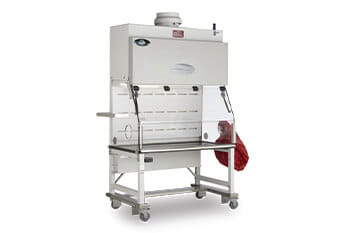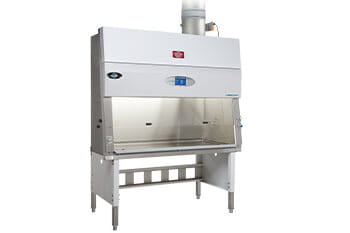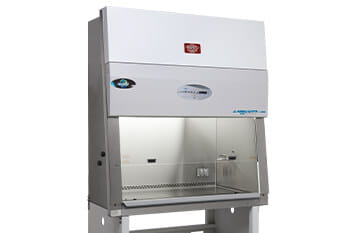
 White Paper
White Paper
Best Practices for Hazardous Drug Handling


Some drugs used for the treatment of cancers and other conditions may have adverse effects on the clinicians who care for the patients being treated. Hazardous drugs (HDs) are those that are carcinogenic or genotoxic, cause teratogenicity or other developmental toxicity, cause reproductive toxicity or organ toxicity at low doses in humans.1 As new therapeutic agents are developed, those that mimic the existing structure or toxicities of known HDs must also be considered hazardous until definitive information is known.
Proper handling of HDs is essential for safe workplace practices. While the patient will be exposed to the HD as part of therapy, health care personnel need to be protected from potential contamination. Although mitigating factors to exposure have been published for over 20 years, universal compliance has
not yet occurred




